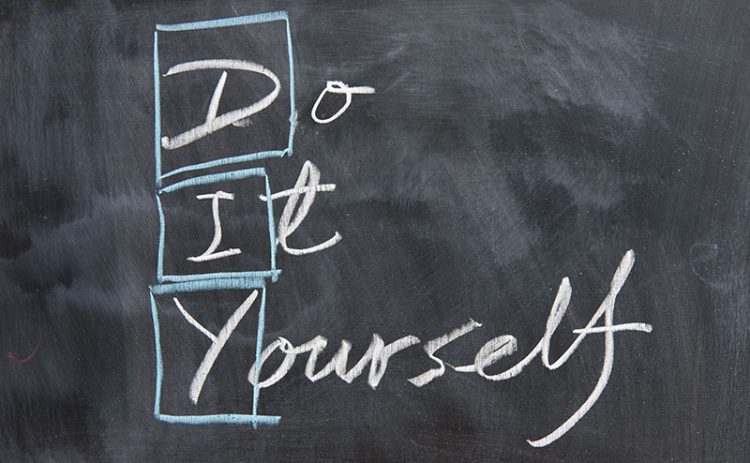Sometimes, people don't always grasp the deep significance of certain decisions. Engaging in do-it-yourself estate planning can be one of those things. You may not necessarily realize it but, by creating an estate plan on your own, you are essentially doing for yourself what an attorney would otherwise do for you. And, as Abraham Lincoln once famously said, “He who represents himself has a fool for a client.” We don't know what we don't know. The best way to be sure that your plan is comprehensive, reliable and optimally designed to meet your unique needs is to avoid DIY estate planning and work with an experienced estate planning attorney.
The Wall Street Journal recently published an article entitled “DIY Estate Planning Has Its Risks.” The article correctly points out that there are many ways that do-it-yourself estate planning can fall short of meeting your needs. Sometimes, those shortcomings can be problematic. Other times, though, they can be downright disastrous. In a lot of cases, the flaws in an improperly created estate plan are not even discovered until after the plan's creator(s) have passed away, leaving their loved ones stuck with stress, uncertainty and, all too often, big expenses that go with fixing the problems created by the poorly constructed plan.
As the Journal points out, if a person's assets are not very complex and their planning goals are uncomplicated, then it is possible for DIY estate planning to meet their needs adequately. But that just leads to another question: How do you know that your estate is sufficiently simple and your planning objectives sufficiently straightforward to allow you to skip the step of hiring of an experienced attorney? Your estate and your goals might seem simple and non-complex to you, but there could be complications or complexities lurking within your circumstances that a knowledgeable estate planning professional might be able to spot, whereas they were hidden to you.
Another type of “hidden trap” that can ensnare the DIY estate planner is, as the Journal noted, the risk of missing something. Perhaps you think you have done everything you need to do in order to complete the creation of your estate plan while, in reality, you've done almost everything. Maybe you overlooked the naming of a contingent fiduciary. Maybe you made a math error and your plan distributions distribute 110% of your wealth. Perhaps the form you used doesn't address some new change to your state's estate planning laws. As a financial adviser correctly summed it up to the Journal, “We don't know what we don't know.”
Additionally, while no one likes to think about a court challenge to their plan, plan contests do happen, and they are one more area where having utilized an attorney in the creation of your plan can help. Your estate planning attorney can help explain to a judge why you made the decisions you did and help explain, not only your estate planning objectives, but also your state of mind and mental clarity when you did them. The internet and modern technology tools can be wonderful things for many types of research and learning, but Siri can neither testify in court about the personal reasons motivating you to leave 80% of your assets to your daughter and 20% to your son, nor your mental capacity when you made an estate plan doing exactly that.



